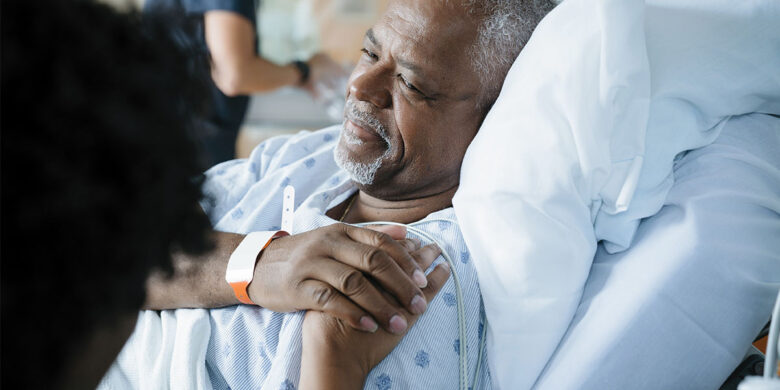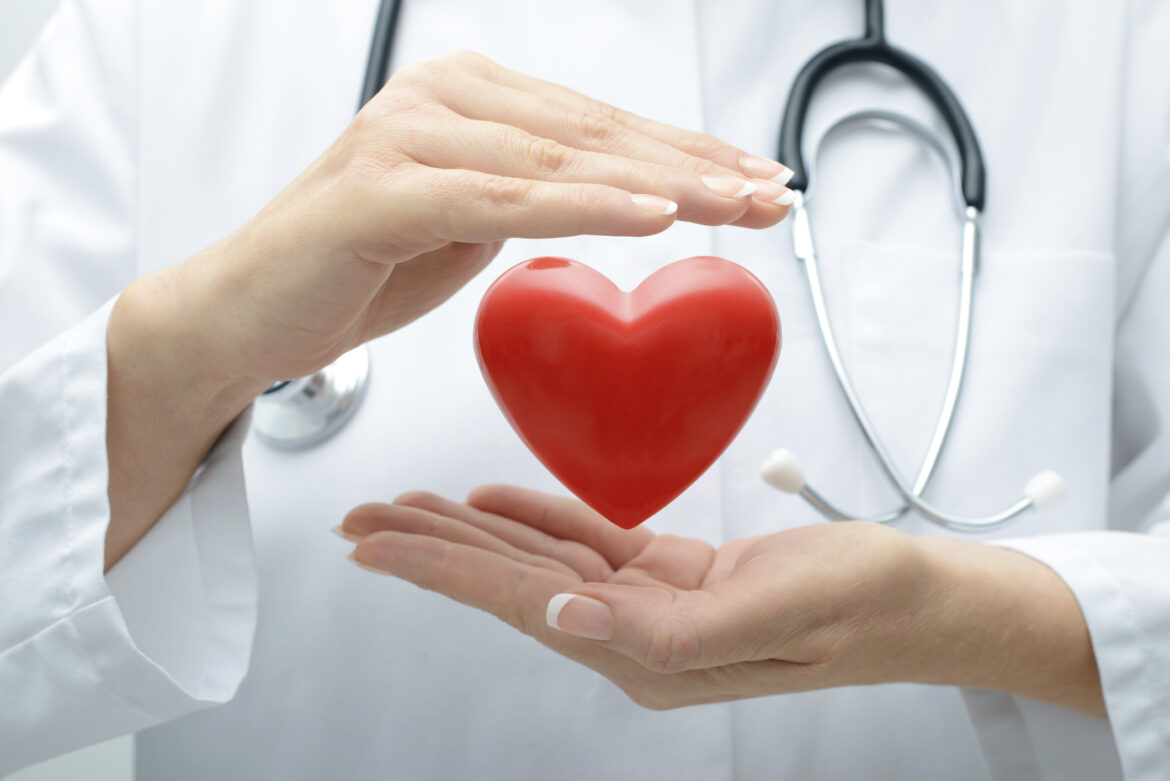When a medical crisis occurs, it can be both scary and confusing. Being prepared and understanding what to expect from emergency care services can help reduce the stress and allow you to act swiftly and effectively.
Whether it’s a sudden illness, an injury, or an acute exacerbation of a chronic disease, quick access to emergency care services is critical. This guide provides a comprehensive overview of what to expect when you or a loved one needs emergency care, thereby facilitating informed decision-making during such critical situations.
Initial Assessment and Triage in Emergency Care

Source: lancastergeneralhealth.org
Upon arrival at an emergency department, a healthcare professional will typically perform an initial assessment. This involves a brief examination to determine the severity of your condition and the urgency of treatment needed, a process known as triage. Emergency departments use a five-level triage system, with level 1 representing a life-threatening condition requiring immediate attention, and level 5 indicating a less severe condition. As per the National Institute for Health and Care Excellence, a standard triage system is necessary to ensure that patients receive care in order of their clinical urgency.
Diagnostic Tests and Treatment
After triage, depending on the severity and nature of your condition, you may undergo several diagnostic tests such as blood tests, X-rays, or CT scans. These tests help the healthcare team to better understand your condition and guide the treatment plan.
It’s important to remember that in a busy emergency department, those with the most severe conditions will be treated first. This might mean waiting for some time if your condition is not life-threatening. During this waiting period, healthcare providers should still monitor you to ensure your condition doesn’t worsen.
Admission or Discharge

Source: prismcareerinstitute.edu
Based on the results of your diagnostic tests and your response to initial treatment, the emergency care team will decide whether you need to be admitted to the hospital for further care or if you can be discharged. If discharged, you’ll be provided with instructions regarding at-home care, medication, and any necessary follow-up appointments.
The Role of Family and Friends
In emergency situations, having a loved one present can provide emotional support, assist with communication, and help remember instructions given by healthcare providers. However, due to the nature of emergency departments, there might be restrictions on the number of visitors or visiting hours to ensure the smooth functioning of the department and the privacy and comfort of all patients.
Understanding the Role of the Emergency Care Team
The emergency care team plays a pivotal role in delivering urgent and often life-saving care. The team is usually made up of a diverse range of healthcare professionals including emergency medicine doctors, nurses, paramedics, radiologists, and sometimes specialists from other departments, depending on the nature of the emergency. Each member of the team brings unique expertise and skills, working together seamlessly to provide the best possible care. In emergency departments, a doctor known as the ‘senior decision-maker’ leads the team and oversees the care of all patients.
Your Rights as a Patient in Emergency Care

Source: icare-er.com
Even in emergency situations, you, as a patient, have rights that healthcare providers should respect and uphold. This includes the right to be informed about your condition, proposed treatments, and any risks or side effects; the right to privacy and confidentiality; and the right to accept or refuse treatment. If you’re too ill to make decisions, a family member or a legally appointed representative can exercise these rights on your behalf. It’s always important to ask questions if you’re unsure about any aspect of your care.
Follow-up Care After Emergency Treatment
The care journey often doesn’t end when you leave the emergency department or when the immediate crisis is resolved. Follow-up care is an integral part of the recovery process and can include a range of activities such as taking prescribed medications, attending follow-up appointments, undergoing rehabilitation, or receiving community nursing services. A clear and detailed discharge plan should be provided by the emergency care services, outlining these follow-up steps.
Emotional Impact of a Medical Emergency
It’s worth noting that a medical emergency can have a significant emotional impact on both the individual experiencing it and their loved ones. Feelings of fear, anxiety, and stress are common, and it’s essential to acknowledge and address these emotions. Support can come from family and friends, mental health professionals, or support groups. While the physical effects of an emergency are often apparent, it’s important not to overlook the psychological repercussions.
In Conclusion
Navigating the emergency care process can be stressful, particularly if you’re uncertain about what to expect. However, understanding the procedures involved, from initial assessment and triage to diagnostic testing and treatment, can alleviate some of the anxiety and enable you to be more proactive in your or your loved one’s care. Whether it’s a trip to the emergency department or the need for emergency care at home, having this knowledge and being prepared can make a significant difference during a medical emergency.

